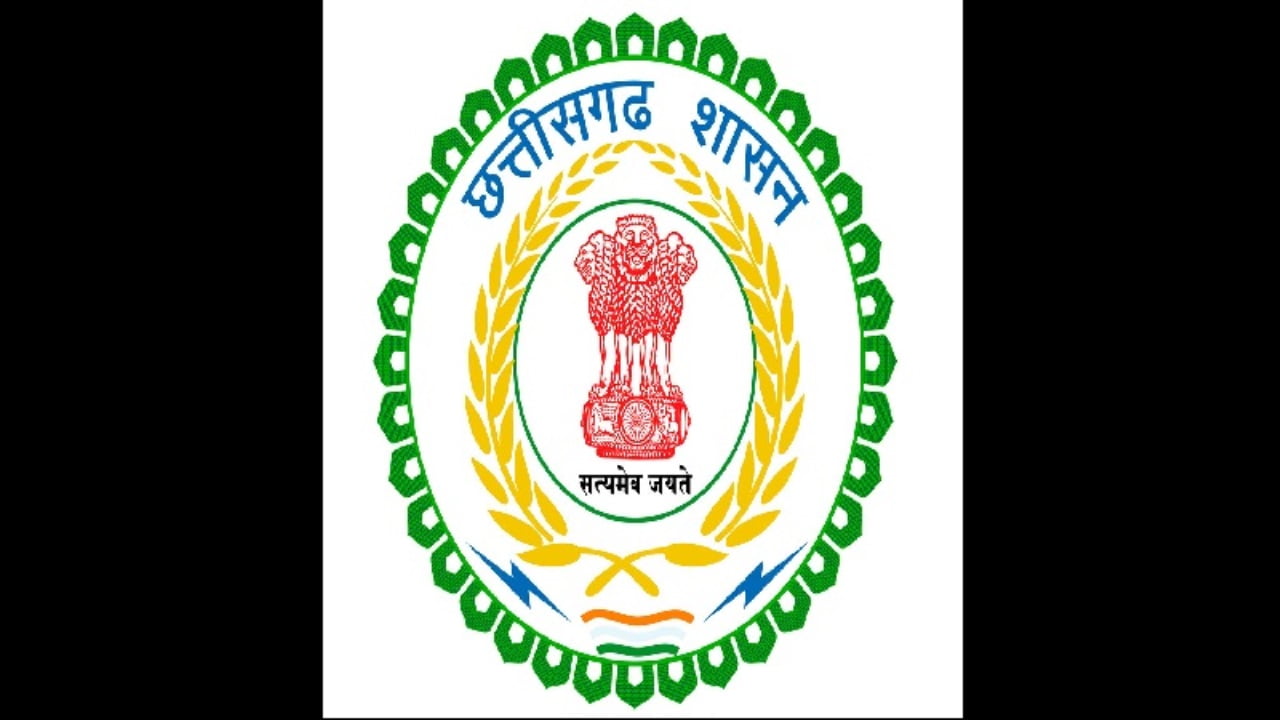Raipur is set to become the first city in Chhattisgarh to implement the Police Commissioner system, a move described as a major step towards strengthening urban law and order. The announcement was made by Chief Minister Vishnu Deo Sai on August 15, marking a historic shift in the state’s policing framework.
The commissionerate system, already operational in several major Indian cities, empowers senior police officers with direct decision-making authority in matters related to crime, public order, and emergencies under the Code of Criminal Procedure (CrPC). Officials believe this reform will ensure quicker responses, better crime prevention, and enhanced accountability in fast-growing urban areas like Raipur.
Although discussions on the commissioner system have been ongoing for years, the process gained momentum soon after Sai’s government took charge. The initial framework for Raipur is nearly complete, and the model is expected to be extended to other cities with populations exceeding 10 lakhs, including Durg and Bilaspur.
Under the new structure, powers traditionally held by the District Collector in law and order matters will shift to the Police Commissioner, reducing bureaucratic delays and enabling faster resolution at the police level. The system also gives commissioners the authority to issue permits for hotels, bars, and protests, grant firearm licenses, and intervene directly in riots or land disputes.
To strengthen oversight, Raipur will be divided into multiple zones, each headed by a Deputy Commissioner of Police (DCP). The state government believes this move reflects its commitment to modernising governance, improving law enforcement efficiency, and ensuring safety in rapidly expanding urban centers.



















